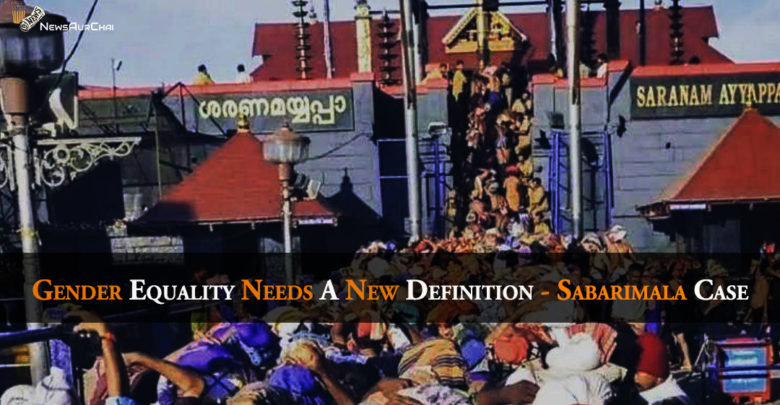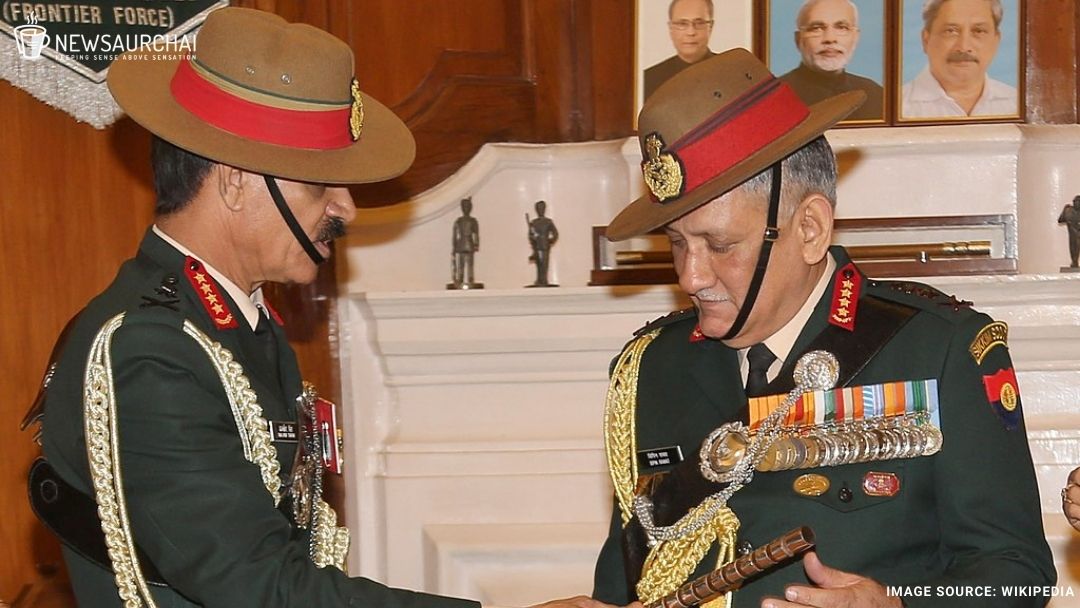
I guess it is temple season! After Ayodhya land dispute now it is Sabarimala verdict which is being looked upon by the nation. People of India has so much of time to fight over less critical issues, we India’s behave like illiterate at times. Women nowadays have a huge misconception about Women empowerment and Gender Equality.
Gender equality doesn’t mean you act like a man, or you should be treated like a man. Gender Equality as per the definition-“the state in which access to rights or opportunities is unaffected by gender”. Yet there are facts which do affect this aspect like–religious ritual, belief and many more. Still, we fail to understand this basic fact and fight over minor issues like entering a temple.
Sabarimala was on the front page of every daily and surfed the news channel and other social media 24*7 during the last ‘mandala kalam’ three-month-long annual pilgrimage. The issue regarding the entry of women of all age into the temple and the verdict created the mess.
History of the case
This case has a history which started back in 1990 when a lawsuit was filed in Kerala High Court seeking a ban on entry of women inside the Sabarimala temple. The verdict was such that it restricted the entry of women at a certain age period. In 2006 a petition was filed in the Supreme Court by the Indian Young Lawyers Association soliciting entry of women between 10 to 50 years. In September 2018, a five-judge bench of Supreme Court allowed the entry of women of all ages in the revered shrine.
The current situation in Sabarimala
The Lord Ayyappa temple in Sabarimala earned over Rs 3.30 crore as revenue on the first day when it was opened on Saturday as compared last season donation of Rs 2.04 crore. Previous year witnessed a protest from the section of devotees and right-wing outfits over the women’s entry issue.
Since the temple opened for the two-month-long Mandala-Makkarvilakku puja on November 16 evening, over a lakh of devotees, have already offered prayers at the hill shrine.
Unlike last year where the temple complex witnessed intense protests after the state government chose to execute the September 28, 2018 verdict of the top court acknowledging women of all ages to enter the shrine, this year the devotees showed satisfaction as there were no restrictions.
Though the top court didn’t stay its September 2018 order permitting entry of women into the Ayyappa temple, the LDF government in Kerala this time stated that the shrine was not a ground for activism. The government made it clear that they would not encourage women who want to attend the temple for publicity.
On November 14, a five-judge Constitution bench of the Supreme Court had a 3:2 verdict decided to refer to a larger bench to re-examine religious issues including those arising out of its 2018 verdict lifting a centuries-old ban on women of menstruating age visiting the shrine.
The TDB, which administers the shrine and the temple itself, suffered huge loss last season due to the protests by the right-wing outfits. Moreover, the shrine and adjacent areas, including Pamba and Nilackal, were on high-alert.
Exclusive Law
The Supreme Court on Wednesday asked the Kerala government to frame exclusive legislation regarding the administration of Sabarimala temple. The top court said the exclusive law, also should cover the aspects of the welfare of pilgrims visiting there and should be similar to the one in Guruvayur temple, the southern state’s other famous temple.
The bench headed by Justice NV Ramana directed the state to produce the law by the third week of January. The observations were made during the hearing in the 2011 case, which has raised the issue of administration of Sabarimala temple.
The Supreme Court had on August 27 asked the Kerala government to frame a new law for Sabarimala temple. Still, the state government, while producing the draft amendments today, stated that the temple would be covered under the Travancore-Cochin Hindu Religious Institutions Act, urging the bench to insist an exclusive law for the administration of the Sabarimala temple. “This is not enough. We need a new, exclusive law for the administration of Sabarimala temple, ” the top court ruled.
The draft law also proposes to give one-third representation to women in the temple advisory committee, triggering a debate in the courtroom concerning September 2018 top court verdict
The state government then proposed to provide representation in the temple advisory committee to only those women who are above 50 years of age.
In a nation like Indian where there are around 2 million Hindu temples recorded during the 2001 census, out of which eight temples have restricted the entry of men. If men also decide to go for a lawsuit, we will have yet another series of dram over the entry. Women who are protesting for the entry in the name of equality must understand the simple fact that this is only a factor of the age limit, there is no restriction on the entry entirely. Let’s fight and protest for something more crucial like rape, education, dowry, child marriage all these need more attention. I would like to conclude this article stating a quote ” The Lord is within you, wherever you are.”





